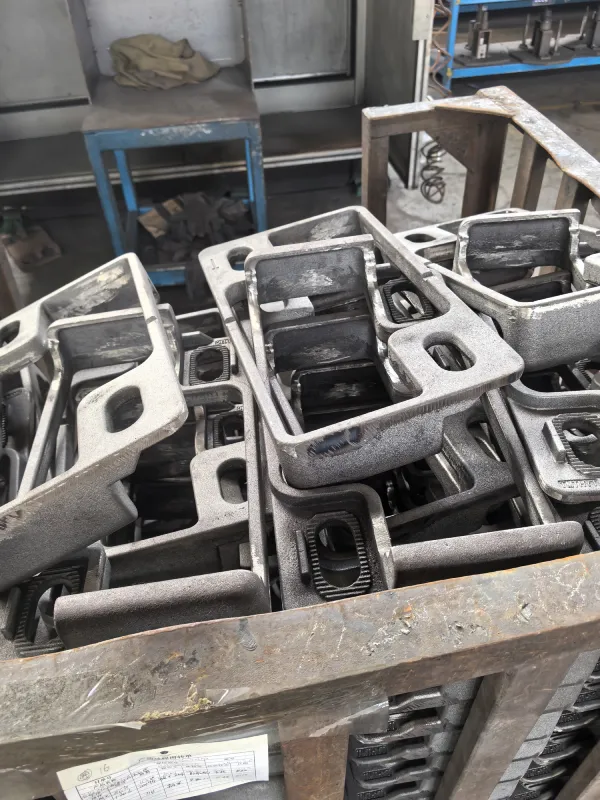- Afrikaans
- Albanian
- Amharic
- Arabic
- Armenian
- Azerbaijani
- Basque
- Belarusian
- Bengali
- Bosnian
- Bulgarian
- Catalan
- Cebuano
- China
- China (Taiwan)
- Corsican
- Croatian
- Czech
- Danish
- Dutch
- English
- Esperanto
- Estonian
- Finnish
- French
- Frisian
- Galician
- Georgian
- German
- Greek
- Gujarati
- Haitian Creole
- hausa
- hawaiian
- Hebrew
- Hindi
- Miao
- Hungarian
- Icelandic
- igbo
- Indonesian
- irish
- Italian
- Japanese
- Javanese
- Kannada
- kazakh
- Khmer
- Rwandese
- Korean
- Kurdish
- Kyrgyz
- Lao
- Latin
- Latvian
- Lithuanian
- Luxembourgish
- Macedonian
- Malgashi
- Malay
- Malayalam
- Maltese
- Maori
- Marathi
- Mongolian
- Myanmar
- Nepali
- Norwegian
- Norwegian
- Occitan
- Pashto
- Persian
- Polish
- Portuguese
- Punjabi
- Romanian
- Russian
- Samoan
- Scottish Gaelic
- Serbian
- Sesotho
- Shona
- Sindhi
- Sinhala
- Slovak
- Slovenian
- Somali
- Spanish
- Sundanese
- Swahili
- Swedish
- Tagalog
- Tajik
- Tamil
- Tatar
- Telugu
- Thai
- Turkish
- Turkmen
- Ukrainian
- Urdu
- Uighur
- Uzbek
- Vietnamese
- Welsh
- Bantu
- Yiddish
- Yoruba
- Zulu
Ott . 12, 2024 11:51 Back to list
aluminum casting alloy
Aluminum Casting Alloys An Overview
Aluminum casting alloys are vital materials widely used across various industries due to their lightweight, corrosion resistance, and excellent mechanical properties. These alloys combine aluminum with other elements to enhance specific characteristics, making them suitable for a range of applications from automotive components to aerospace structures. Understanding the classification, properties, and applications of aluminum casting alloys can help industries make informed decisions for their manufacturing processes.
Classification of Aluminum Casting Alloys
Aluminum casting alloys are typically categorized into two main types alloyed and unalloyed. Alloyed aluminum casting alloys contain various alloying elements, such as silicon, magnesium, copper, and zinc, which significantly alter their physical and mechanical properties. The most common classification system for these alloys is based on the alloying elements used and follows the Aluminum Association numbering system. This system assigns a four-digit code, where the first digit indicates the principal alloying element.
1. Silicon Alloys (4xx.x) Silicon is one of the most prevalent alloying elements used in aluminum casting. Alloys in the 4xx.x series are known for their excellent fluidity, making them ideal for intricate casting designs. Common applications include engine components and turbochargers.
2. Magnesium Alloys (5xx.x) Alloys in the 5xx.x series are recognized for their high strength-to-weight ratio and excellent corrosion resistance. These properties make magnesium alloys suitable for marine applications and structural components in aircraft.
3. Copper Alloys (2xx.x) Copper alloyed aluminum is noted for its high strength and good machinability. However, these alloys have lower corrosion resistance, so they are often used in applications where strength is a priority, such as in aerospace components.
4. Zinc Alloys (7xx.x) Alloys in the 7xx.x category provide good mechanical properties and are typically utilized in high-stress applications.
Properties of Aluminum Casting Alloys
Aluminum casting alloys possess several advantageous properties that influence their usability
- Lightweight One of the defining features of aluminum is its low density, making it an ideal choice for applications where weight savings is critical, such as in the automotive and aerospace sectors.
aluminum casting alloy

- Corrosion Resistance Aluminum naturally develops a protective oxide layer that shields it from corrosion, increasing the lifespan of components exposed to harsh environments.
- Good Thermal and Electrical Conductivity Many aluminum alloys exhibit excellent thermal and electrical conductivity, making them suitable for applications requiring heat dissipation or electrical transmission.
- Machinability Certain aluminum casting alloys are known for their ease of machining, allowing manufacturers to create precise components efficiently
.Applications of Aluminum Casting Alloys
The versatility of aluminum casting alloys enables their adoption in numerous industries
- Automotive Industry Lightweight aluminum components are increasingly used in vehicles to improve fuel efficiency and reduce emissions. Key applications include engine blocks, transmission casings, and wheels.
- Aerospace Industry The aerospace sector relies heavily on aluminum casting alloys for critical components due to their strength-to-weight ratio. Aircraft structures, engine components, and internal fixtures often incorporate these materials.
- Consumer Electronics The lightweight and aesthetic properties of aluminum make it an excellent choice for casings in smartphones, laptops, and other electronic devices.
- Marine Applications Aluminum's natural corrosion resistance makes it ideal for marine environments, with applications including boat hulls, fittings, and engine mounts.
Conclusion
Aluminum casting alloys are key materials that play an instrumental role in modern manufacturing, providing a blend of desirable properties such as lightweight, strength, and resistance to corrosion. Their classification into various series based on alloying elements allows engineers and manufacturers to select the right alloy for specific applications, ultimately enhancing product performance and longevity. As industries strive for more efficient and sustainable materials, aluminum casting alloys will continue to be at the forefront, supporting innovations across various sectors.
-
Durable Cast Iron Water Main Pipe | AI-Optimized Design
NewsAug.05,2025
-
8mm Thin-Walled Cast Steel Manhole Cover Pallet Bottom Ring | Durable
NewsAug.04,2025
-
Premium Cast Iron Water Main Pipe: Durable, Corrosion-Resistant
NewsAug.03,2025
-
Durable Cast Iron Water Mains | AI-Optimized Systems
NewsAug.02,2025
-
High-Efficiency Propane Boiler for Baseboard Heat | Save Energy
NewsAug.01,2025
-
Premium Source Suppliers for Various Gray Iron Castings
NewsJul.31,2025


